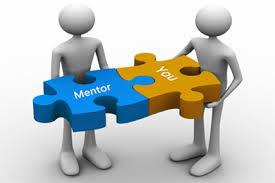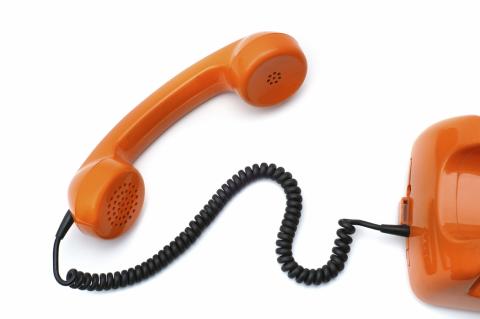One of the most common forms of professional communication is the ‘Presentation.’ No matter what career you have – professor, researcher, science policy analyst, CEO of a company – chances are you will have to prepare and deliver professional presentations. In fact, you probably give presentations regularly already – for lab meeting, at professional conferences, for your thesis proposal, or for your job interview. However, no matter why you are giving your talk, the goal is the same: Communicating and sharing information with your audience. Because of this, there are

When I think about the mentors I've had over the course of my professional life, I feel very fortunate. Each has been unique, injecting his or her thoughts, experiences, and personal style into our mentoring relationship. As I reflect on time spent talking with, listening to, or emailing with each of my mentors, it seems like the role of mentor came quite naturally to them, an effortless act that engendered feelings of respect and gratitude on my part. So what's the secret? How can we take full advantage of the mentoring relationships we are currently in, either as mentor or trainee?

Through my many forays into the job market, I have anxiously awaited responses from employers, either to application materials I had sent out in response to a job ad, or as a follow-up after I had interviewed with them. Through these experiences, I have come to identify several different employer communication styles: The “As-If-You-Didn’t-Know-Already” late response guy, also known as the “In-Case-You-Were-Thinking-of-Calling-a-Moving-Truck” guy This person is one of the most frustrating of the bunch.

